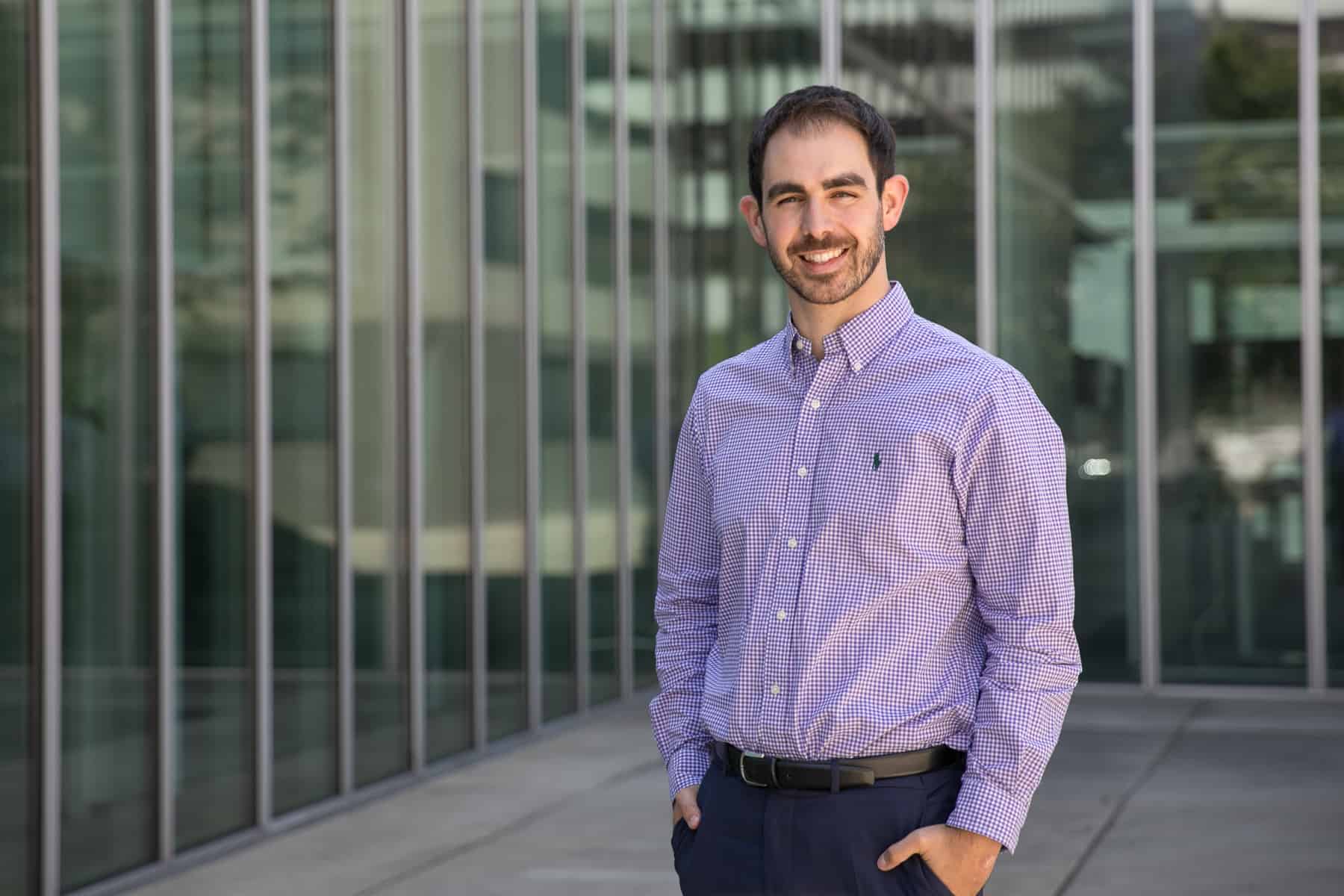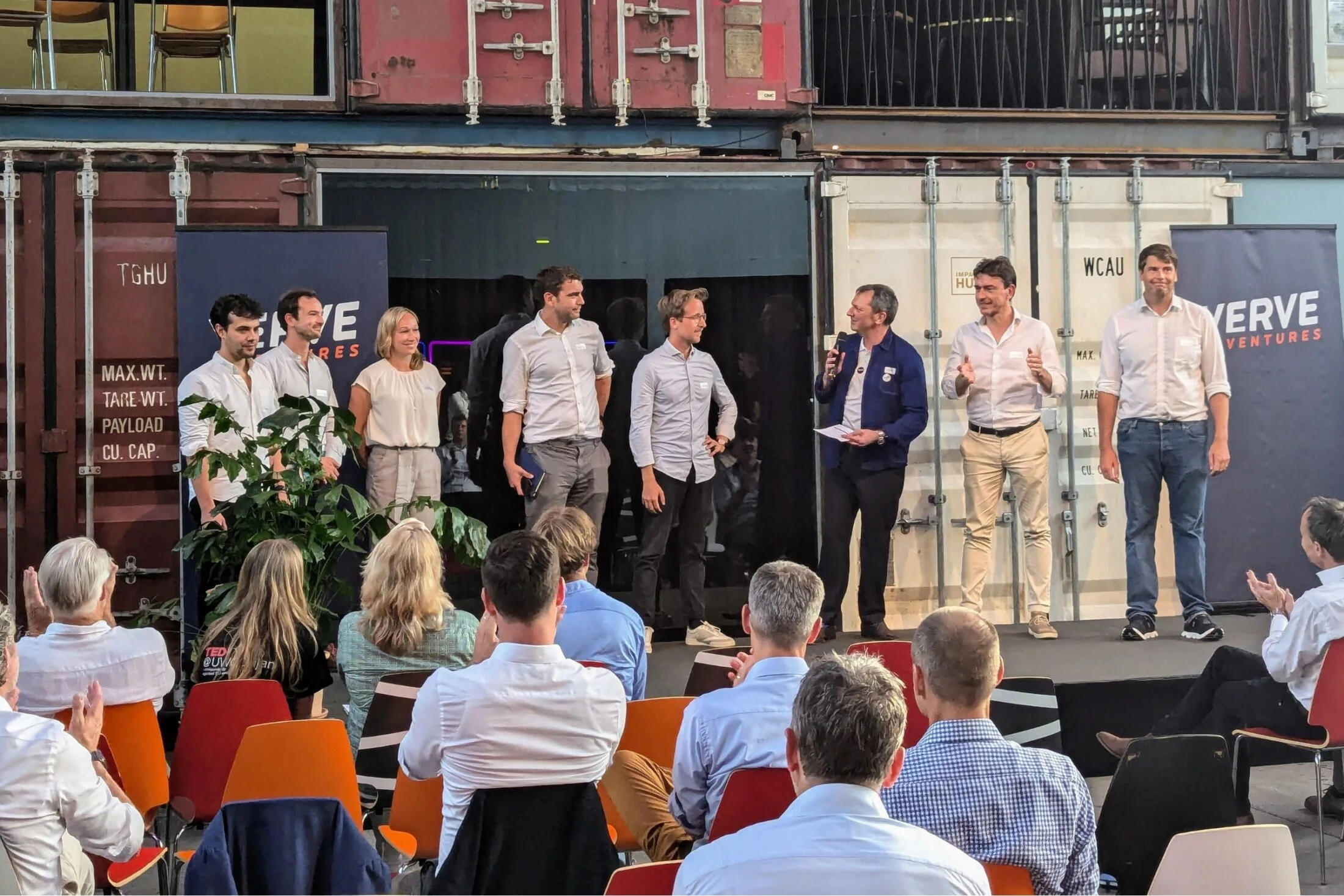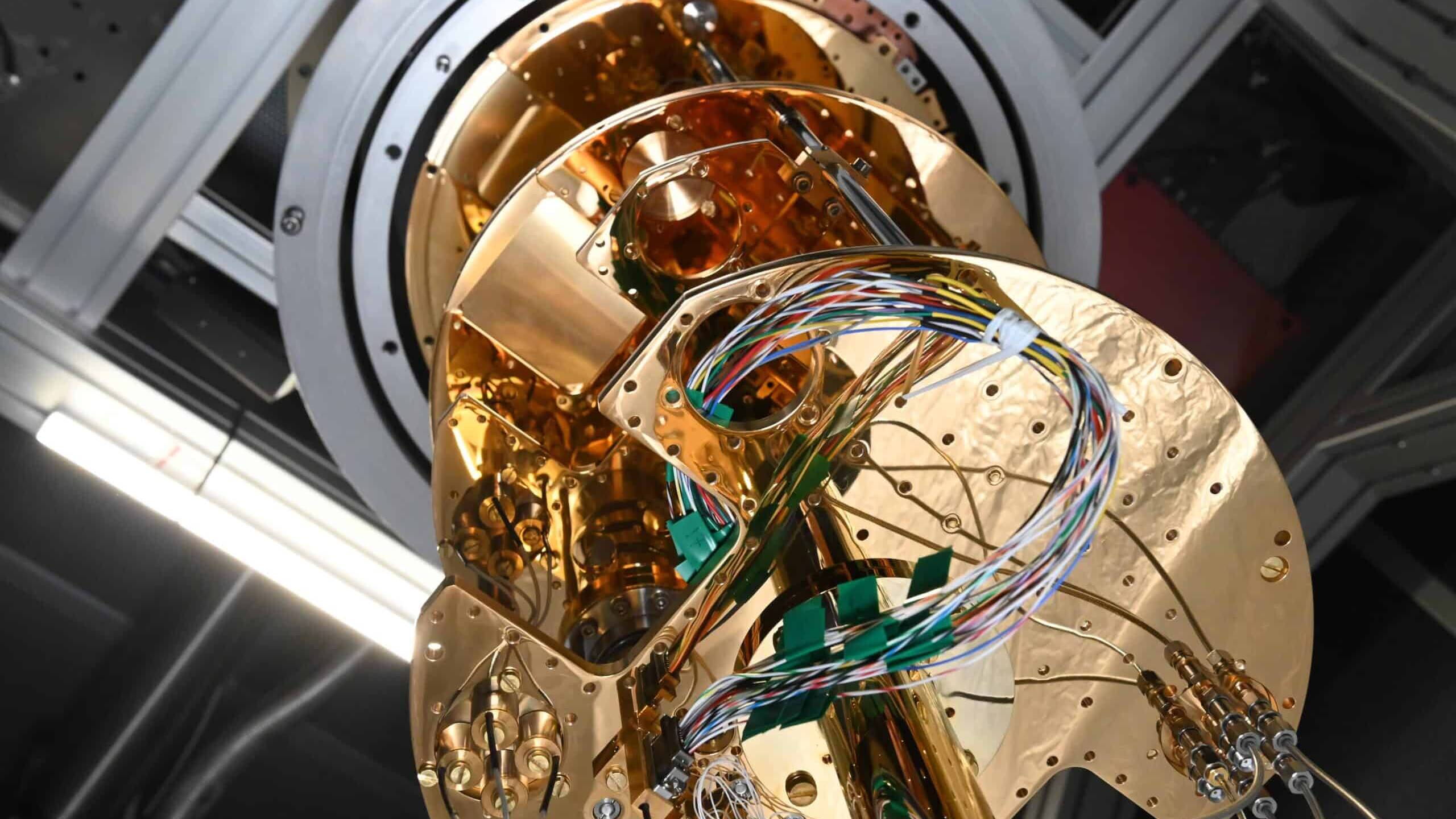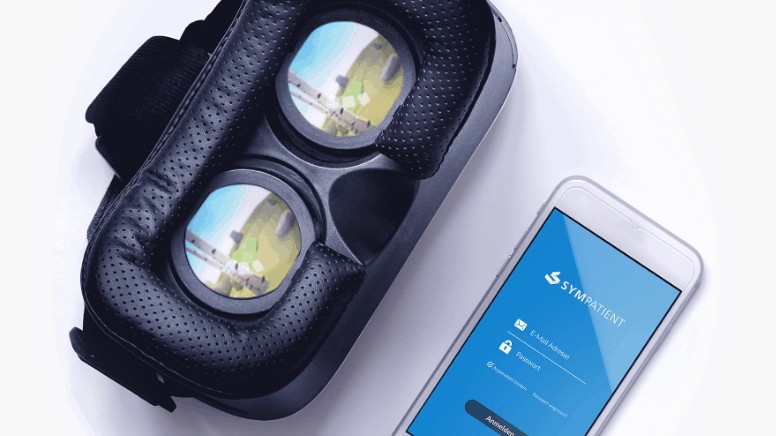Verve Ventures’ portfolio company, Ikerian, brings AI to eye care. We talked to the co-founder and CEO, Carlos Ciller, about having Microsoft and Google as competitors, eye scanning devices in your pocket, and Berne as the headquarters for their startups.

Co-founder and CEO, Ikerian
Ikerian is an Artificial Intelligence startup based in Bern that has developed a software tool to generate and organize insights and knowledge in eye care. Verve Ventures has invested in Ikerian’s seed funding round in 2019. Carlos has a Ph.D. in machine learning and Medical imaging in Ophthalmology from the University of Lausanne.
Ikerian is a startup with less than a dozen people. Your competition in eye care includes firms such as Google, Microsoft, and IBM. Do you stand a chance against them?
These firms certainly have much more employees than we have, but what really counts is domain knowledge. Not everybody at Google has multiple years of experience at the cross-section of ophthalmology and machine learning. I did my Ph.D. in this field with my co-founders, collaborating on a daily basis with the clinicians from the University Hospital of Bern, one of the leading institutions in age-related eye diseases worldwide. Our team knows the hardware and software of the different device manufacturers inside out. Moreover, because of data protection concerns, ophthalmologists are often reluctant to hand over data to Google or Microsoft, and the medical device manufacturers who have been in the field for many years prefer not to depend on these IT giants either. Seen in this light, we have a clear advantage. We also have the timing on our side; we’re on our route to certification and will put Discovery, our main product, on the European market in the next 3 months.
Just recently, on the first of April, you launched Omniviewer, also a software product. How does this relate to the Discovery product you mentioned?
Omniviewer is one part of our software ecosystem, the first piece of the whole puzzle to bring artificial intelligence to ophthalmology. It makes the annotation and visualization of medical data much easier.
Who needs to annotate medical data?
This is mainly done in pharmaceutical and clinical research. Annotating in this context refers to furnishing critical notes in a medical data file, image, or text. It can be either drawing regions of interest for the clinician or assessing the presence or absence of a condition. The combination of regions or labels is what clinicians use to diagnose a patient, and they call this relevant clinical information a biomarker. Our Omniviewer software functions very similarly to Paint or Photoshop for researchers. When you have hundreds of annotated datasets you can develop and train new AI algorithms and evaluate how well they performing in a streamlined manner.
Ikerian has built intelligent AI algorithms for eye care based on tens of thousands of annotated images and datasets. Why do you need so many pictures?
A large and high-quality annotated dataset such as ours is one of the most important assets when you develop cutting-edge AI algorithms. Small datasets are often not representative of the reality of a diverse population. The eyeball’s shape, structure, etc., differs a lot from one person to another. If your data is not annotated, it is less valuable for machine learning companies, and you have to add the information at a great cost. We received big amounts of annotated scans thanks to our close partnership with research collaborators and hospitals who see the value in having early access to the solutions we are building.
Are you replacing eye doctors with this software?
Not at all, we are making their work less tedious. Automation does not replace jobs, it replaces tasks. A job is a combination of continuously evolving tasks, and today, those we are targeting are the most repetitive and tiring in the clinics. The renowned scientists who work with us say that our algorithms offer very good results and are really happy to use them. We’re giving healthcare professionals a simple but powerful tool that speeds up their decision-making process and allows them to spend more time where it matters, the patient. Supporting clinicians during diagnosis is just one part of our vision for Ikerian.
What else do you want to accomplish?
We’re democratizing the access to health care. Our software technology can be integrated into OCT eye scanning devices to make them high-quality for a fraction of the current cost. When OCT scanners that produce high-quality images cost only 1/5 to 1/10 of their former price, all of a sudden, they become affordable in emerging market countries. 80% of the cases of vision impairment could have been avoided with a regular inspection.
When will medical device manufacturers present the first OCT scanners with your technology?
It’s hard to say because regulatory developments take time. Nevertheless, we are expecting that you’ll be able to buy products with our technology from a manufacturer next year.
Another way of taking pictures from the eye are fundus images, a technology older than the new OCT eye scanners. Can your software improve these images as well?
Yes, our software allows taking pictures of a much larger area of the eye, increasing the field of view of traditional devices. Having such an advantage enables you to think big and even think of integrating real-time acquisition of retinal images into smartphones. We’re not there yet, and won’t be ready next year, but in the future, this technology could enable home-based monitoring of eye diseases for a very low cost. This will be a ground-breaking achievement because it is still impossible today.
With such ambitions, what background does Ikerian’s team have?
We’re mostly a team of scientists or software developers. More than half of the nine people we are now have a Ph.D. All the skills we combine at the moment are related to designing, developing, and validating our new solution for the healthcare sector, considering clinical validation, regulations, and medical software certification of the technology and product end-point.
And what kind of competences will you be adding in the future?
We will launch our main product RetinAI Discovery, a diagnosis assistant, on the market soon, after the certification. In parallel, we will hire a seasoned sales team to get the product out to pharmaceutical companies and research institutions. We already have the first deals in place, but we want to capture the market in a systematic way. Later on, we’ll add more software developers to the team because we want to have good customer service and to be able to constantly adapt the product to the market requirements.
Ikerian is based in Berne, whereas most high-tech startups in Switzerland are from Zurich or Lausanne. Why is that?
Specifically, in our field, Bern was the best location in Switzerland, because of the University Hospital of Bern and the ARTORG Center for Biomedical Engineering, a tandem of institutions with which we have very close ties for the last 7 years. The eye clinic of the Inselspital is one of the best in Europe and has an entire laboratory, the Ophthalmic Technologies Laboratory, working on ophthalmology and machine learning for over a decade. ARTORG plays a key role as a center for translational medicine at the intersection of regulation, technology, and clinical research, with the mission to bring technology to hospitals. We’re building a clinical product, and our interaction with hospitals was paramount to adapting our product to the physicians’ needs. And we can do that very quickly, because of these partnerships and our daily contact with doctors.
Written by
Investors

Our sophisticated investors include visionary family offices, leading wealth managers, institutions, founders, and senior executives. These individuals and organizations are all committed to shaping the next generation of innovation.
More News
“We’re developing the computers of tomorrow”
Quantum computing is a key technology of the future, says Pierre Desjardins of C12 in this interview. In order not to fall behind in this technological race, European investors need to be more courageous.
Sympatient (E-Health): EUR 1.6 million Seed round
Sympatient, based in Hamburg, is the first company to have found a way to completely digitize the gold-standard of anxiety therapy and thereby deliver the treatment much cheaper and more conveniently. It has raised EUR 1.6 million in a Seed round with investiere as lead investor, contributing EUR 0.7 million. The round was joined by Investitions- und Förderbank Hamburg IFB and business angels.
“Buyers don’t care about your fancy technology”
What is a typical exit? How can a founder maximize the exit value of his company? Is it good to have a strategic investor as a young startup? In this interview, Jon Roberts from the M&A boutique Menalto Advisors answers the questions a startup should ask about exits.


